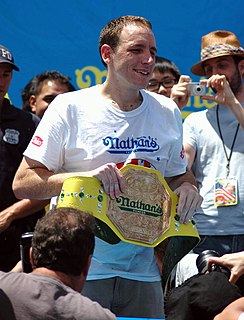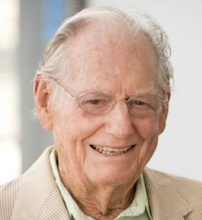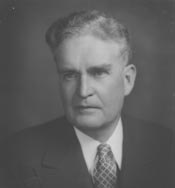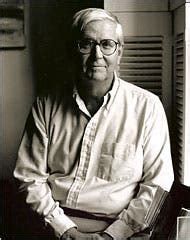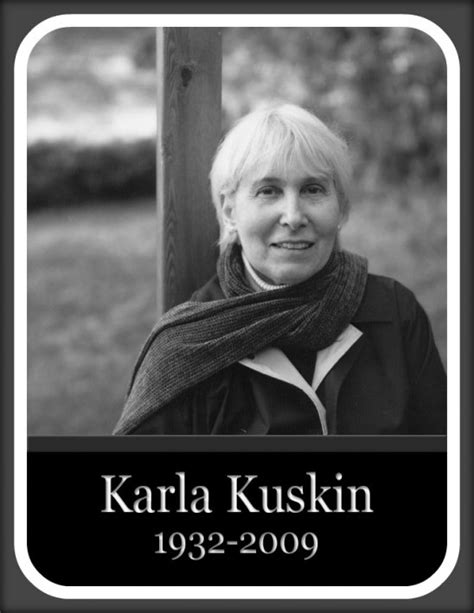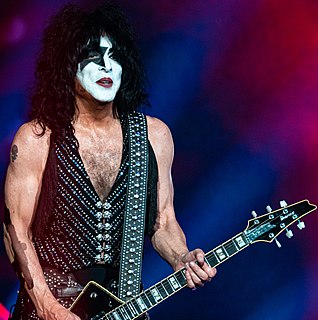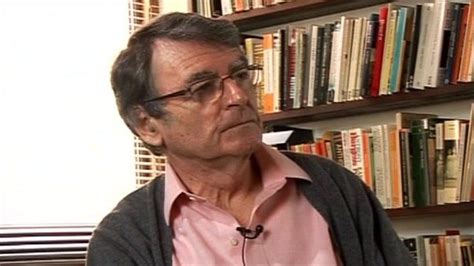Top 1010 Critic Quotes & Sayings
Explore popular Critic quotes.
Last updated on April 14, 2025.
Technique is really personality. That is the reason why the artist cannot teach it, why the pupil cannot learn it, and why the aesthetic critic can understand it. To the great poet, there is only one method of music - his own. To the great painter, there is only one manner of painting - that which he himself employs. The aesthetic critic, and the aesthetic critic alone, can appreciate all forms and all modes. It is to him that Art makes her appeal.
I was the first critic ever to win a Tony - for co-authoring 'Elaine Stritch at Liberty.' Criticism is a life without risk; the critic is risking his opinion, the maker is risking his life. It's a humbling thought but important for the critic to keep it in mind - a thought he can only know if he's made something himself.
Except that it’s not really 'now' that the inner critic attacks. It’s a few seconds or a minute ago. The inner critic depends upon comparison, and when we are fully aware in the present moment, when there is no past or future in our mind’s awareness, there is nothing to compare. There is only what is, as it is. The inner critic disappears.
The nineteenth century is a turning point in history, simply on account of the work of two men, Darwin and Renan, the one the critic of the Book of Nature, the other the critic of the books of God. Not to recognise this is to miss the meaning of one of the most important eras in the progress of the world.
I am an Episcopalian who takes the faith of my fathers seriously, and I would, I think, be disheartened if my own young children were to turn away from the church when they grow up. I am also a critic of Christianity, if by critic one means an observer who brings historical and literary judgment to bear on the texts and traditions of the church.
Edmund Wilson was our greatest American literary critic because he was more than a literary critic: He was a fearless, even radical judge of the society he lived in. (See, for example, _A Piece of My Mind_; _The Cold War and the Income Tax_; the introduction to _Patriotic Gore_.) Our conventional critics cannot forgive him for those scandalous lapses in good taste.
Paradoxically, the simpler poetry is, the more difficult it becomes for a critic to discuss intelligently. Trained to explicate, the critic often loses the ability to evaluate literature outside the critical act. A work is good only in proportion to the richness and complexity of interpretations it provokes.
You find very few critics who approach their job with a combination of information and enthusiasm and humility that makes for a good critic. But there is nothing wrong with critics as long as people don't pay any attention to them. I mean, nobody wants to put them out of a job and a good critic is not necessarily a dead critic. It's just that people take what a critic says as a fact rather than an opinion, and you have to know whether the opinion of the critic is informed or uninformed, intelligent of stupid -- but most people don't take the trouble.
It is necessary a writing critic should understand how to write. And though every writer is not bound to show himself in the capacity of critic, every writing critic is bound to show himself capable of being a writer; for if he be apparently impotent in this latter kind, he is to be denied all title or character in the other.
In the movies first impressions are everything. Or, to put it less drastically, in the movies there are no later impressions without a first impression, because you will have stopped watching. Sometimes a critic persuades you to give an unpromising-looking movie a chance, but the movie had better convey the impression pretty quickly that the critic might be right.
At best, the relationship between drama critic and playwright is a pretty twiggy affair. When I'm asked whom I write for, after the obligatory, I write only for myself, I realize that I have an imaginary circle of peers - writers and respected or savvy theatre folk, some dramatic writers and some not, some living, some long gone. . . . Often a writer is aware as he works that a certain critic is going to hate this one. . . . You don't let what a critic might say worry you or alter your work; it might even add a spark to the gleeful process of creation.
The critical sense is so far from frequent that it is absolutely rare, and the possession of the cluster of qualities that minister to it is one of the highest distinctions... In this light one sees the critic as the real helper of the artist, a torchbearing outrider, the interpreter, the brother... Just in proportion as he is sentient and restless, just in proportion as he reacts and reciprocates and penetrates, is the critic a valuable instrument.
Every writer is necessarily a critic - that is, each sentence is a skeleton accompanied by enormous activity of rejection; and each selection is governed by general principles concerning truth, force, beauty, and so on. The critic that is in every fabulist is like the iceberg - nine-tenths of him is under water.
Critical thinking does seem a superior sort of thinking because it seems as though the critic is actually going beyond the scope of what is being criticized in order to criticize it. That is only rarely a true assumption because, most often, the critic will seize on some little aspect that he or she understands and tackle only that.
The hardest thing in the world is being a critic of your own work. For me time has always been the best critic. If I can put something away and then come back, it's like taking a painting you're working on, turning it upside down, squinting at it, or walking away to get a new view. Time helps you know whether it's worth saving or whether it should be dumped.
There's lots of room to be your own worse critic. It's just you, so I think that's inherit, that voice that's always that's there monitoring everything you do. It's definitely worse; the critic is harder when it's just you. If you're doing a show, then the critic can blame the other actors your with.
Music critics are, for the most part, bitter people who are intent at dragging people down for being successful at what they want to do, which is probably music. The oddity of being a critic is: You don't get a diploma, you just decide you're a critic. If someone listens to your opinion rather than their own, it's their mistake. Any critic's top 10, any year, it's something controversial or something that will make them look hipper-than-thou. The whole critic game, we've never played.
A critic may reject some miracle stories as legendary, and not others, with no inconsistency at all for the simple reason that even if one holds miracles to be possible, one need not hold legends to be impossible! There are other factors, literary and historiographical ones, that might lead a critic to conclude that even though miracles can happen, it does not appear that in this or that case they did.
One of the best and most challenging books about Orwell is by the socialist literary critic Raymond Williams. As a critic - and, in some ways, as a figure, at least within the academy - Williams was what England had in the generation after Orwell, and toward the end of his life, he became more critical of his predecessor.
No publisher should ever express an opinion on the value of what he publishes. That is a matter entirely for the literary critic to decide. I can quite understand how any ordinary critic would be strongly prejudiced against a work that was accompanied by a premature and unnecessary panegyric from the publisher. A publisher is simply a useful middle-man. It is not for him to anticipate the verdict of criticism.
Paraphrase, in the sense of summary, is as indispensable to the novel-critic as close analysis is to the critic of lyric poetry. The natural deduction is that novels are paraphrasable whereas poems are not. But this is a false deduction because close analysis is itself a disguised form of paraphrase.



